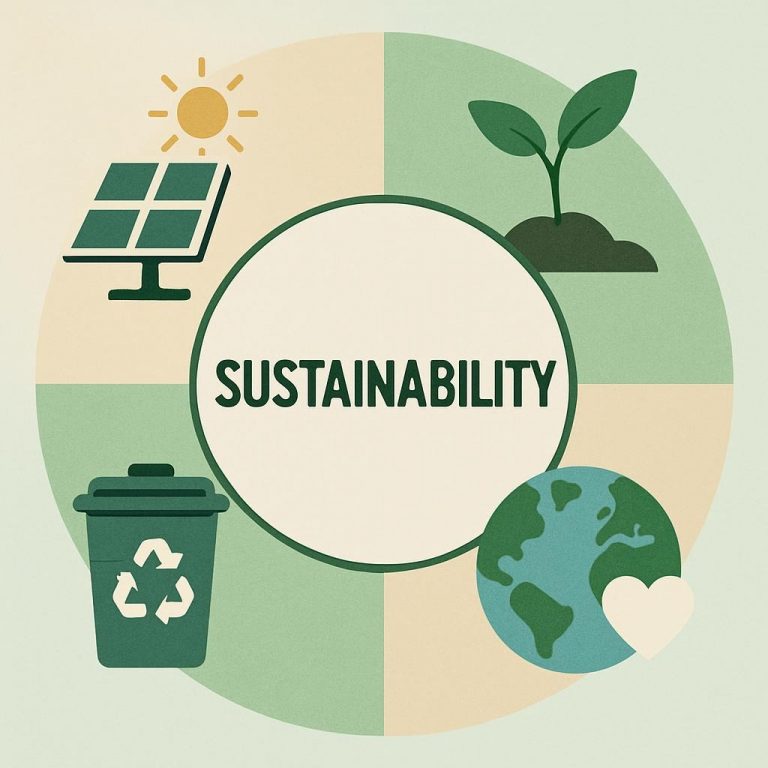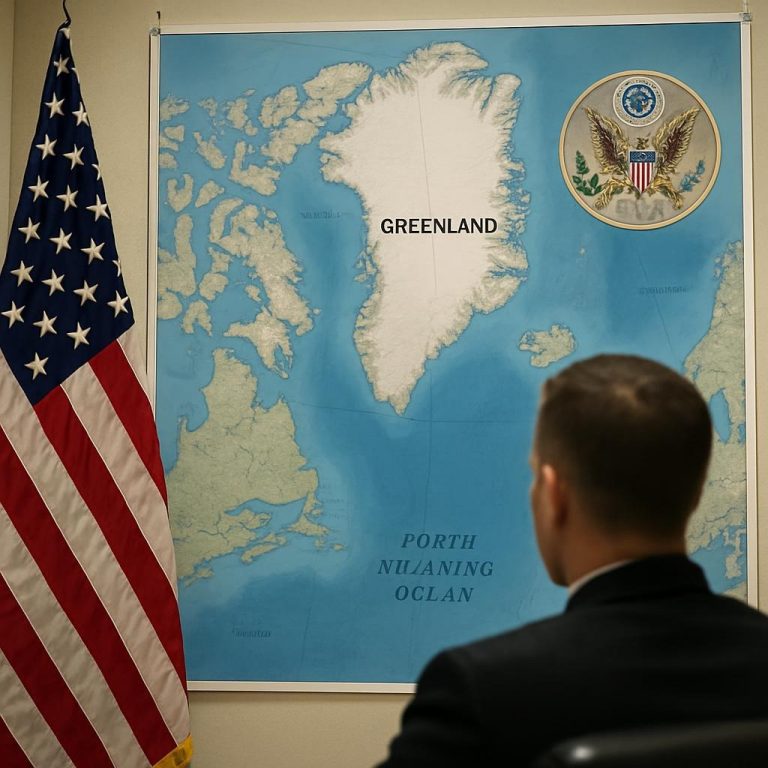
Germany’s decision to phase out nuclear power has triggered a complex transformation across its energy, environmental, economic, and geopolitical landscape. Below are answers to 25 key questions, each backed by sources, headlines, keywords, and documentary recommendations.
⚡ Energy Supply & Reliability
1. Renewables now meet over 50% of Germany’s electricity demand, but full consistency without nuclear requires imports and flexible systems.
🔗 Fraunhofer ISE
Keywords: renewable capacity, nuclear phase-out, electricity demand
2. Germany ensures grid stability through flexible demand, battery storage, and regulatory reforms.
🔗 Clean Energy Wire
Keywords: grid stability, solar peaks, energy regulation
3. Energy storage is expanding rapidly, with over 22 GWh installed and large-scale projects replacing baseload.
🔗 Energy News
Keywords: battery storage, baseload replacement, energy transition
4. Germany’s infrastructure is adapting, but grid expansion and digitalization remain critical bottlenecks.
🔗 IEA
Keywords: infrastructure readiness, grid expansion, energy systems
🌍 Environmental & Climate Impact
5. Fossil fuel use rose briefly post-nuclear, but renewables offset most of the gap.
🔗 Clean Energy Wire
Keywords: fossil fuels, coal decline, nuclear exit
6. Germany’s clean energy path has reduced emissions more than nuclear retention would have.
🔗 Carbonwise
Keywords: carbon footprint, nuclear vs renewables, emissions
7. Wind and solar expansion involves land use conflicts, biodiversity risks, and community opposition.
🔗 Energy Sustainability & Society
Keywords: environmental trade-offs, wind energy, solar installations
💰 Economic Considerations
8. Replacing nuclear with renewables could cost up to €696 billion, but long-term savings are expected.
🔗 Foro Nuclear
Keywords: energy transition cost, Energiewende, nuclear economics
9. Energy prices rose post-phase-out but stabilized in 2024; long-term affordability depends on renewables.
🔗 Clean Energy Wire
Keywords: energy prices, consumer impact, electricity costs
10. Regions reliant on nuclear face job losses, but benefit from renewable investments and retraining programs.
🔗 Fraunhofer ISI
Keywords: regional impact, nuclear communities, economic transition
🏭 Industry & Innovation
11. Germany has committed over €500 billion to clean energy innovation, including hydrogen and grid tech.
🔗 Clean Energy Wire
Keywords: innovation funding, hydrogen, infrastructure
12. Germany’s competitiveness is challenged by high costs but boosted by leadership in renewables.
🔗 Harvard International Review
Keywords: energy markets, competitiveness, transition risks
13. German firms lead in solar, wind, and hydrogen tech exports, with support from EU initiatives.
🔗 GIZ
Keywords: clean energy exports, German companies, global markets
👥 Public & Political Support
14. Public support remains strong, rooted in anti-nuclear sentiment and climate goals.
🔗 Agora Energiewende
Keywords: public opinion, nuclear phase-out, climate activism
15. Political challenges include rising populism and cost concerns, but mainstream parties remain committed.
🔗 Energy Europe
Keywords: political opposition, AfD, energy policy
16. Local communities show mixed responses—some embrace energy cooperatives, others resist land use.
🔗 IÖW
Keywords: community energy, local acceptance, citizen initiatives
🔌 Energy Imports & Geopolitics
17. Germany increased electricity imports post-nuclear, mainly from France and RE-based sources.
🔗 Chosun Biz
Keywords: energy imports, nuclear gap, electricity trade
18. Energy independence is improving via renewables, but gas reliance remains a vulnerability.
🔗 Agora Energiewende
Keywords: energy security, independence, renewables
19. Geopolitical risks include reliance on LNG and grid interdependence with EU neighbors.
🔗 Clean Energy Wire
Keywords: geopolitical risk, LNG, energy diplomacy
📈 Progress & Metrics
20. Germany targets 80% renewables by 2030 and net-zero by 2045 under the Climate Protection Act.
🔗 Deutschland.de
Keywords: climate targets, net-zero, renewable benchmarks
21. Since the nuclear exit, Germany has surpassed 50% RE share and reduced fossil use.
🔗 Renewable Energy Institute
Keywords: renewable progress, nuclear exit, energy mix
22. Case studies like SuedLink and urban solar grids show successful integration of renewables.
🔗 RatedPower
Keywords: case studies, grid integration, success stories
🧠 Strategic Planning & Alternatives
23. A hybrid strategy was debated but rejected due to political and safety concerns.
🔗 IAEA
Keywords: hybrid strategy, nuclear-renewables, energy mix
24. Germany can learn from Italy and Taiwan—phased transitions require strong public support and alternatives.
🔗 Wikipedia
Keywords: phase-out lessons, international comparisons, energy policy
25. The timeline is ambitious but feasible with sustained investment and policy alignment.
🔗 IEA
Keywords: energy roadmap, feasibility, transition timeline





